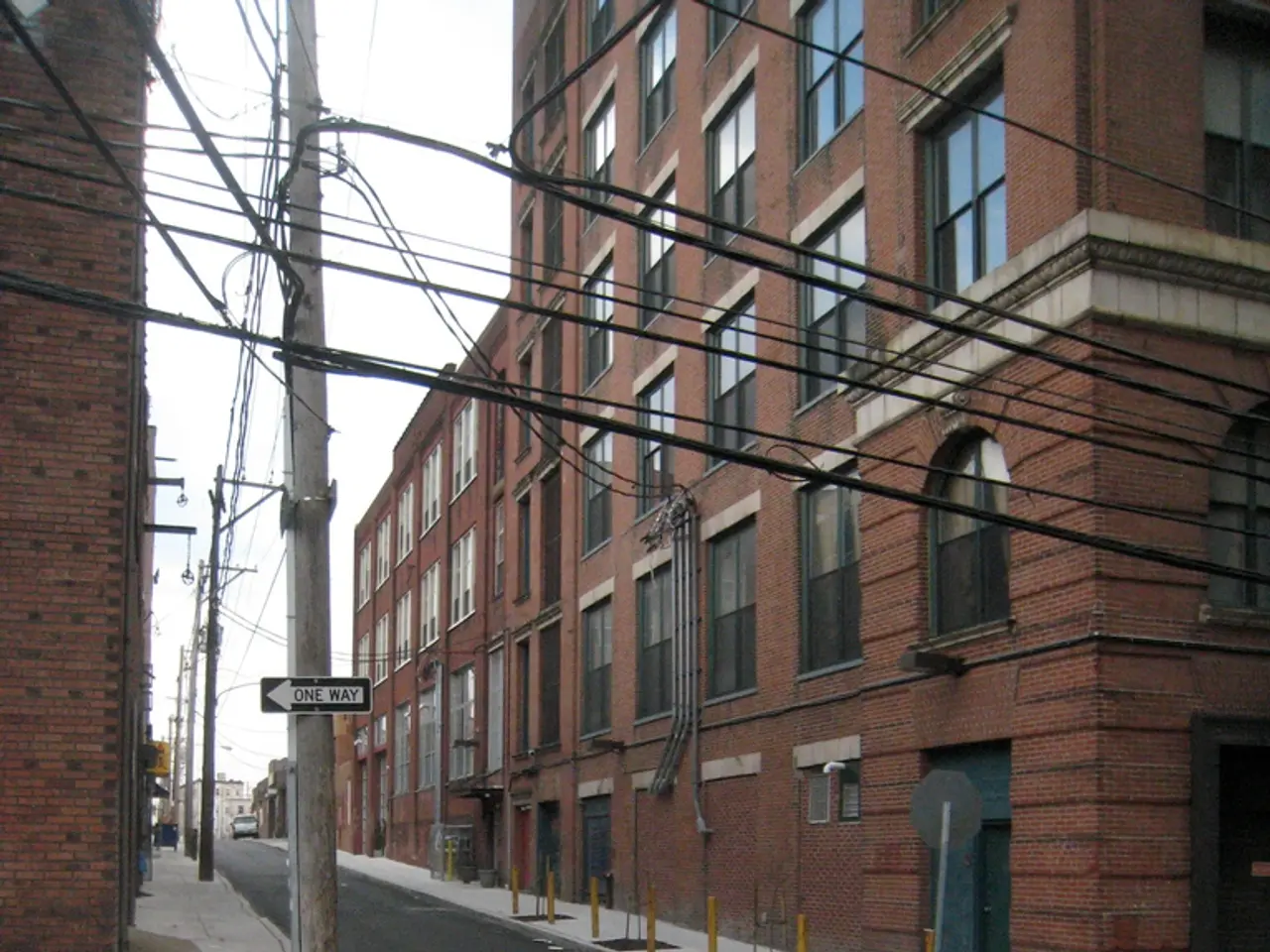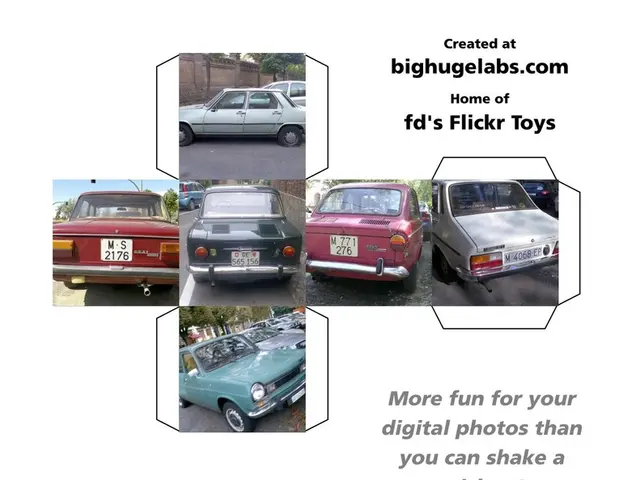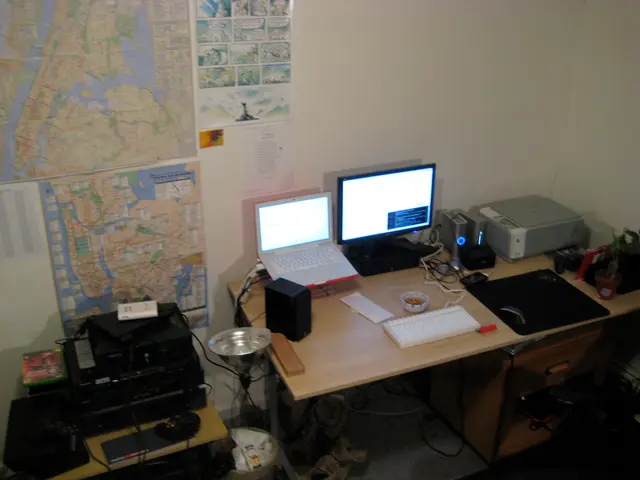In circumstances where public energy providers falter, private power companies assert themselves: Insights from Durban, Zimbabwe, and Zambia
In Southern African cities like Durban and Harare, the growing demand for electricity is outpacing the capacity of national utilities such as Eskom (South Africa) and ZESA (Zimbabwe) to expand services adequately. As a result, private sector involvement in electricity generation, distribution, and transmission is becoming a common trend across the region.
In Zimbabwe, the government has recently liberalized the electricity market to allow private entities to generate and supply power, especially in new suburban areas where ZESA has been unable to expand effectively. This strategy was officially endorsed by Zimbabwe’s Minister of Energy and Power Development, recognizing that ZESA’s investment capacity alone is insufficient to electrify all households.
Similarly, in Durban and other cities in the Southern African Development Community (SADC), private companies are stepping in with projects such as solar and gas power plants to add capacity. The goal is to reduce blackouts and give the city more control over its energy. This reflects a regional shift toward allowing private power producers to reduce reliance on overstressed national utilities.
The move towards private sector involvement is influenced by several factors, including capacity constraints and insufficient investment from national utilities, growing urban populations and electricity demand outpacing infrastructure expansion, a desire to reduce load shedding and improve reliability by diversifying electricity supply sources, and policy reforms encouraging private sector participation to boost efficiency and innovation in the energy sector.
In Zimbabwe, private companies are invited to operate as electricity retailers to complement ZESA’s efforts and ease pressure on the national utility. Thousands of Zimbabwean households are already living with private solar solutions as a result of the unreliable public supply. Across the border, Zimbabwe has approved private companies to generate, distribute, and transmit electricity in new suburban developments.
The eThekwini Metropolitan Municipality in South Africa has received approval to buy its own power, bypassing Eskom. The plan is to roll out 400MW of electricity through solar and gas, starting with solar in December 2025 and gas-to-power plants in 2026. The position agreed upon by Cabinet is inviting the private sector to participate in electricity generation.
The trend of private sector involvement in electricity generation, distribution, and transmission is a reluctant but necessary response to the challenges faced by state-owned utilities. The public-good argument for national utilities is strong, but in practice, political pressures and poor management often lead to relying solely on them backfiring.
In conclusion, Southern African cities are bypassing Eskom and ZESA because these national utilities are struggling operationally and financially, and private companies offer a complementary solution to increase electricity supply and improve distribution efficiency amid rising demand. These companies will act as licensed retailers, complementing ZESA's work where it struggles to reach households. The Minister of Energy and Power Development in Zimbabwe, July Moyo, has encouraged the private sector to consider becoming retailers in areas where ZESA's investment might not be sufficient.
Read also:
- Indian Oil Corporation's Panipat Refinery secures India's inaugural ISCC CORSIA accreditation for Sustainable Aviation Fuel production
- Ford Bets on an Affordable Electric Pickup Revolution with a $30,000 Design
- Rapid Charging Stations for Electric Vehicles Avoiding Grid Overload
- TikTok's Artificial Intelligence Regulation Approach Meets Stiff Opposition from German Trade Union








